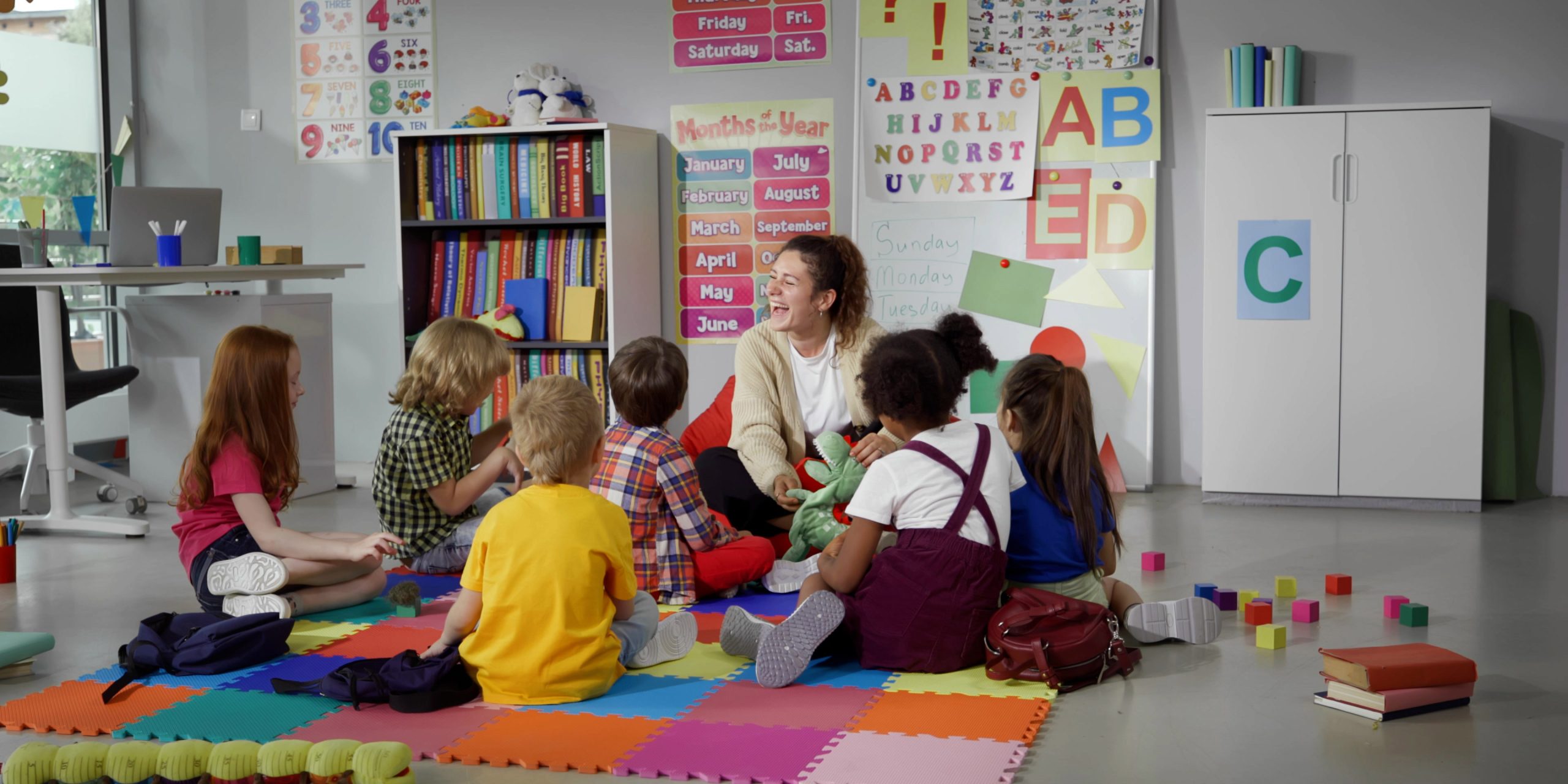Studying the effect of two-year preschool education
The two-year preschool education trial of the Ministry of Education and Culture ended at May 2024 and the experiment involved 35,000 children born in 2016 or 2017. To study the effect of this trial, the researchers at Aalto University gathered and analysed sensitive data of children and their parents across Finland. This study marked the first pilot project for the CSC Sensitive Data (SD) Desktop service and provided invaluable insights on how CSC’s service can support social science research.
The aim of this study was to find out whether a child is better prepared to start school at the beginning of first grade after two years of preschool education compared to the current system of one year of preschool. This highly complex and innovative research relied on CSC’s sensitive data (SD) services to ensure the privacy and security of the large scale of data analysed.
Pioneering design: a revolutionary approach in social science research
“Our team consisted of three researchers from Aalto University Department of Economics. Our aim was to complete the sampling and randomization process for the two-year preschool randomized controlled trial on behalf of the Ministry of Education and Culture,” said Ramin Izadi from Aalto University.
The research team gathered and integrated sensitive information from various public registers, processing personal data of children and their parents across hundreds of Finnish municipalities. This study is particularly notable as it is the first of its kind to rigorously analyse the effects of extending preschool education on a national scale. The researchers had two main objectives: to test the impact of two years of preschool on children’s social-emotional, numeric, and language skills, and at the same time, conduct a scientific analysis on the effects of the Finnish government’s new policy.
To support this research, the experiment is governed by a temporary law known as the Act on a Two-Year Pre-primary Education Trial (1046/2020), which the Finnish Parliament approved on December 17, 2020. This law was created by the Ministry of Education and Culture in close collaboration with researchers from Aalto University to facilitate the study. It provides the legal framework for data collection and processing in the project and defines both the target population and the randomization protocol – another great innovation specific to this project.
In fact, while randomized experiments have been common in medical research for many years, they remain rare in the social sciences: participants are randomly assigned to either the ‘treatment’ group or a comparison group. Importantly, the law mandates that children in the treatment group must start preschool during the year they turn five, while the control group starts in one-year-preschool during the year they turn 6-years-old.
Enhancing SD Services: lessons learned from the pilot Project
The researchers and Ministry specialists collaborated closely to collect all necessary data from various registers and municipalities in Finland. “We combined register data from different sources, including tax and education records and population records. All data sources were merged with personal identifiers without pseudonymization due to the needs of the randomized controlled trial,” Izadi continued. Given the sensitive nature of this information, data transfer had to follow strict protocols defined with CSC, including encryption measures to ensure security.
Once imported into the secure environment in SD Desktop, the data were analysed using several software tools, such as R Studio and ArcGIS. For example, a key analysis involved assigning children to specific schools within their municipalities by mapping their addresses to Finland’s national street network. This process required setting up a customised environment within the SD Desktop service to facilitate the analysis. “CSC’s specialists were really responsive to our needs in the sensitive data remote environment,” said Ramin Izadi.
After the analysis was complete, the researchers prepared the data for distribution back to the hundreds of municipalities, allowing them to assess whether specific changes were needed. “However, because the SD Desktop service was still in its pilot and open beta phase in 2022, managing this data represented a significant challenge. Researchers, Ministry specialist and CSC support personal had to spend considerable time preparing, encrypting, and distributing files within and outside the secure environment,” said Francesca Morello, the SD Desktop Service Owner.
“Based on this valuable experience, CSC has gained insights and a deeper understanding of the challenges faced by researchers and other specialists involved. As a result, we have significantly developed our services,” Morello continued.
The SD Connect service is now integrated with SD Desktop, offering automated data encryption, decryption, and key management through a user-friendly interface. Today, data collection and sharing are much easier to manage and this progress has streamlined the overall workflow, making data management more efficient.
“The interim report is already out and our final report will be out in 2025,” Izadi explained. “If the need arises, we’ll definitely utilize CSC’s sensitive data services again.”




